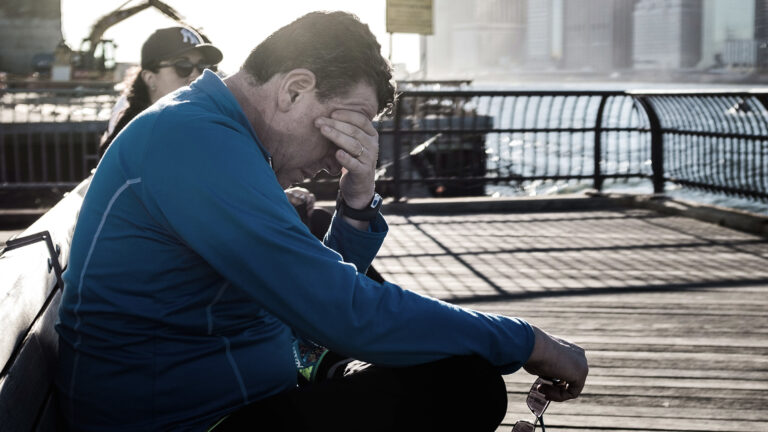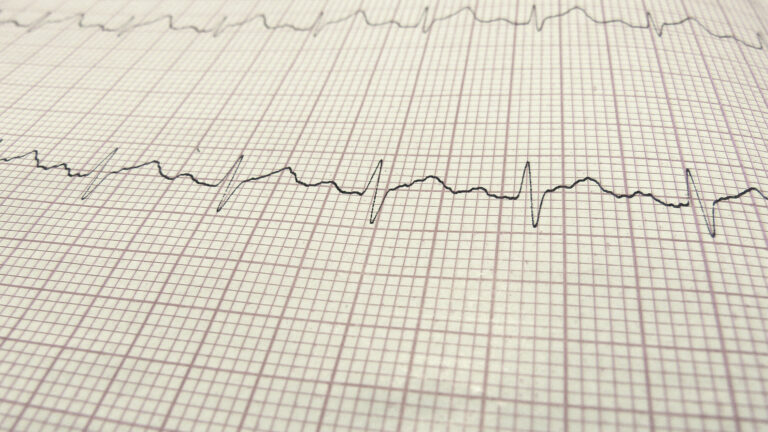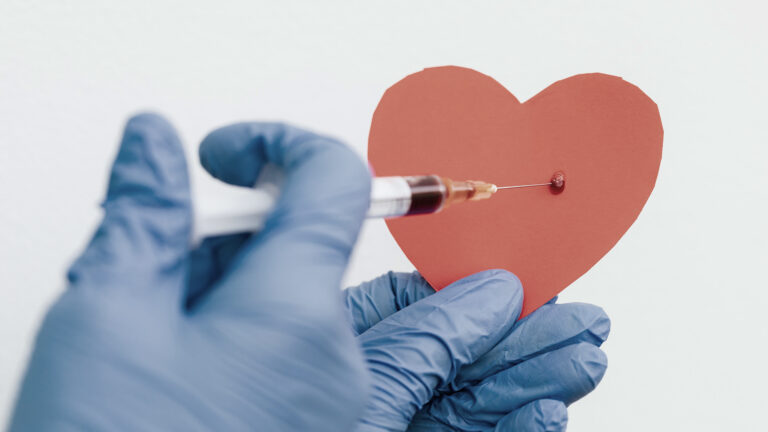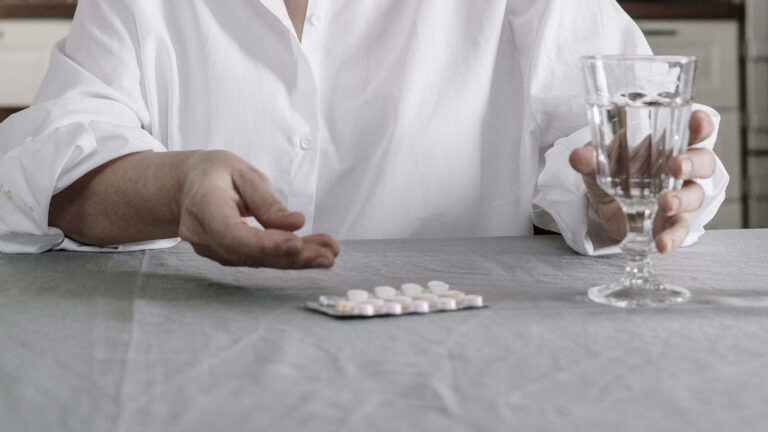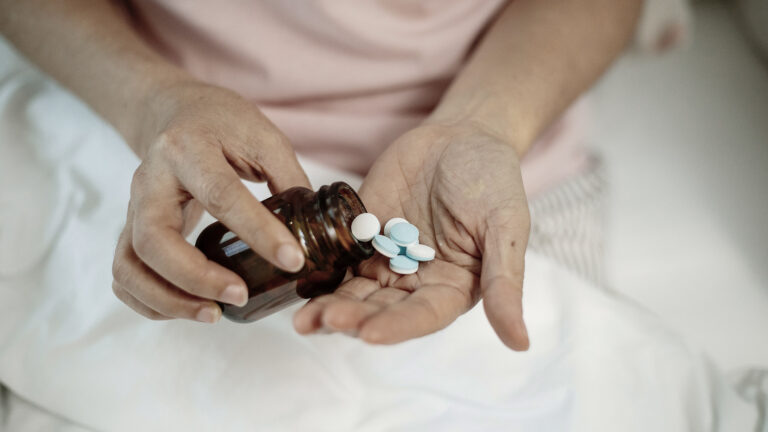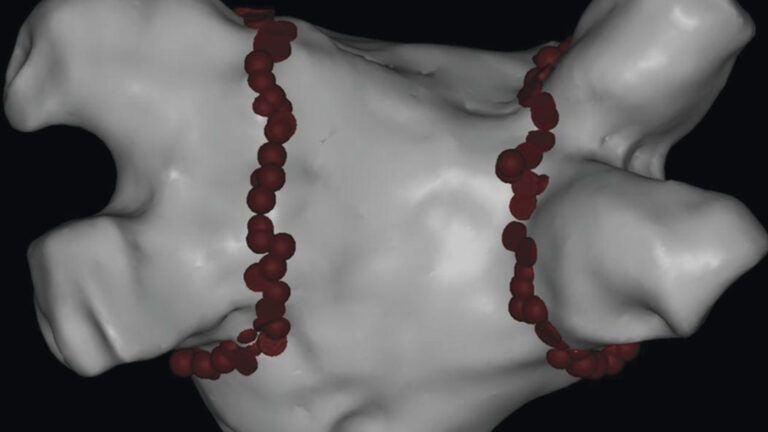Atrial fibrillation is by far the most common heart rhythm disorder. About one in four (25%) can expect to get atrial fibrillation
Read moreTreatment of atrial fibrillation
However this medication is not a good fit for every patient. Your physician needs to find a balance that prevents the recurrence of an episode, and reduces strain on your heart. Evidence is increasingly pointing to the fact that it is better to undergo treatments that will prevent the recurrence of atrial fibrillation, rather than just treating the symptoms with antipyretic drugs.
What is an electrocardiogram (ECG or EKG)
An electrocardiogram ECG is used to find out what kind of heart rhythm disorder you have. The ECG shows the electrical activity of your heart
Read moreObjectives of Atrial Fibrillation Treatment
The primary purpose of treatment of atrial fibrillation is to protect you against blood clots or the development of heart failure.
Read moreRisk of Blood clots and severe bleeding
Atrial fibrillation increases the risk of blood clots, as during an episode the atria is not able to properly drain and can cause blood clots
Read moreWhat Are Anticoagulants?
The most serious complication of atrial fibrillation is a blood clot in the brain, and anticoagulants are one of the best ways to avoid this.
Read moreMedical treatment of atrial fibrillation
In this article i will present different methods of medical treatment of atrial fibrillation, their effectiveness and their potential side effects.
Read moreAblation treatment for atrial fibrillation
Ablation is very effective treatment for atrial fibrillation. This is especially true if the patient only has episodic atrial fibrillation.
Read moreHow Effective Is Ablation Treatment for Atrial Fibrillation?
An ablation treatment is performed with a small instrument called an ablation catheter, which is inserted into the left atrium of the heart
Read moreWhen to consider ablation treatment for atrial fibrillation?
When assessing whether or not to do Ablation treatment for atrial fibrillation Your cardiologist will take a number of factors into account
Read moreDo you need general anesthesia to undergo an ablation treatment?
I have been asked several times for my position for or against general anesthesia during ablation treatment, this article covers my opinion
Read moreDirect Current Cardioversion – An Electric Shock That Makes Your Heart Beat Regularly
DC Conversion (Direct Current Cardioversion) delivers a direct current shock to the chest in an attempt to alter the rhythm of the heart.
Read moreWhat is a Maze Procedure?
The Maze Procedure is a difficult operation, but is an effective treatment of atrial fibrillation with a modest risk for complications
Read moreWhat Is a His-Bundle Ablation?
A Bundle of His ablation does not remove or cure atrial fibrillation, but it removes the effect the chaotic signals from AF has on the puls
Read moreHow does closure of the left atrial auricle (LAAC) work?
One of the most serious complications of atrial fibrillation is a blood clot in the brain. These clots are caused by closure of the left atrial auricle (LAAC)
Read moreA Brief History of Atrial Fibrillation
The earliest evidence of humanity’s understanding of heart disease is found in ancient Egypt, Greece, and Mesopotamia.
Read moreWhat is Ventricular tachycardia?
Ventricular tachycardia is a disruption of the heart rhythm disorder that occurs in the heart chambers (ventricles).
Read more